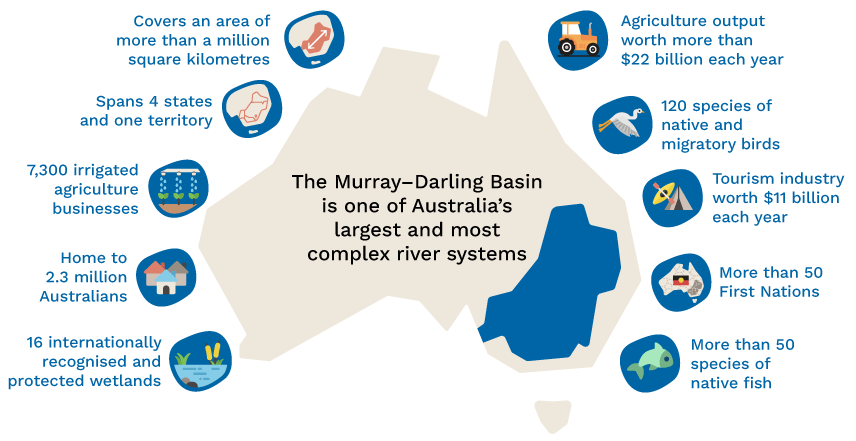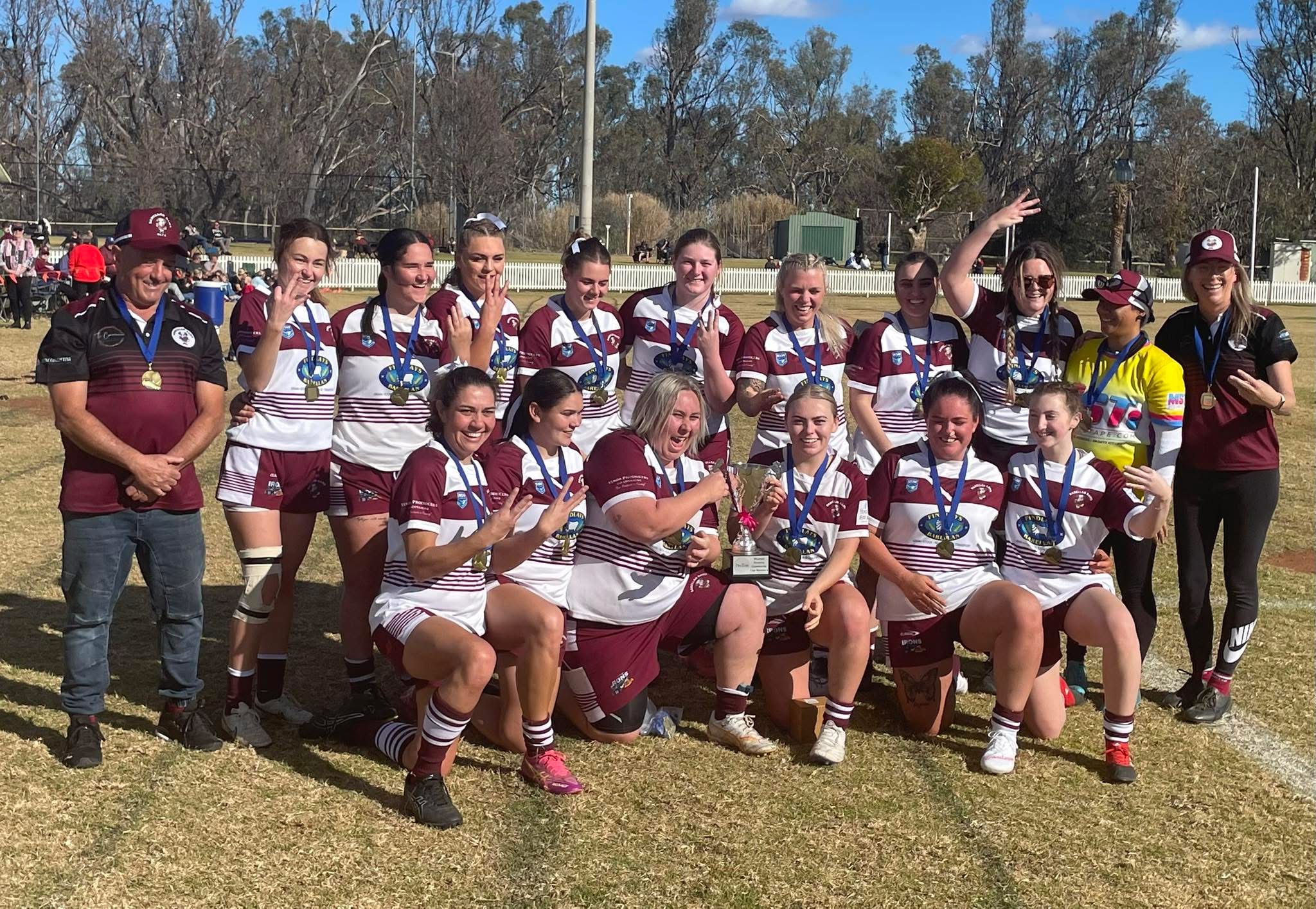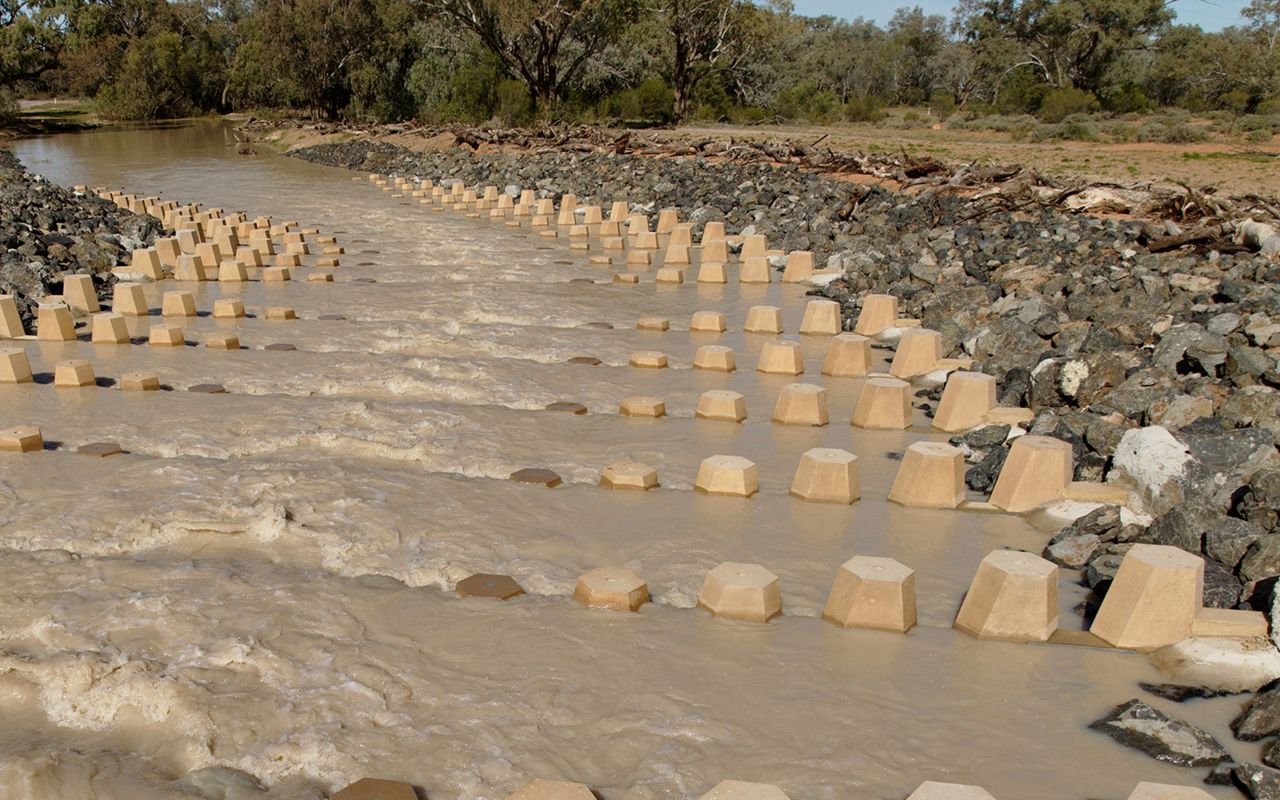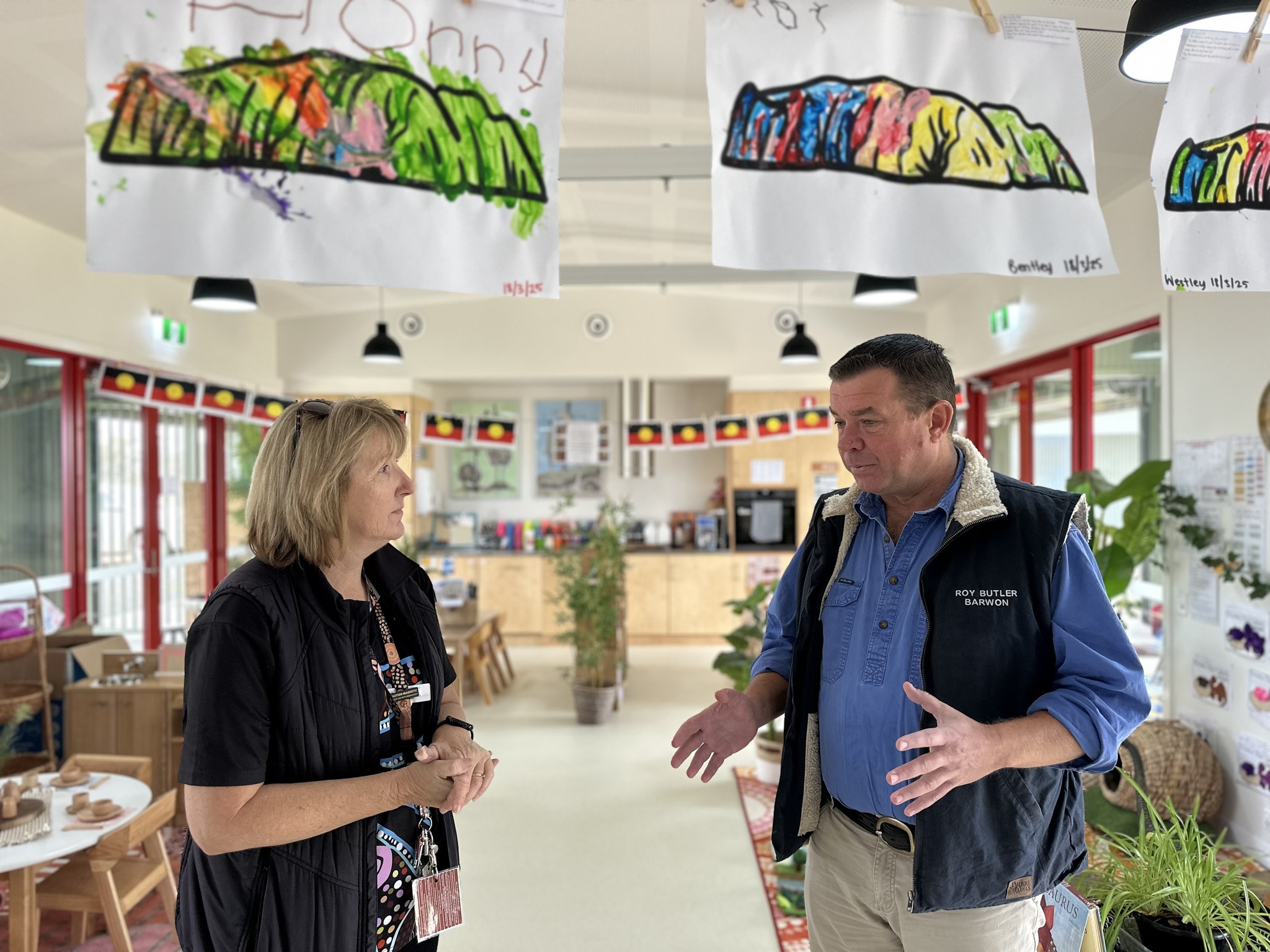MDB Plan evaluation tells differing tales
Krista Schade
08 August 2025, 8:00 PM
 Murray Darling Basin key facts. Image: MDBA
Murray Darling Basin key facts. Image: MDBAThe Murray–Darling Basin Authority (MDBA) has recently released key reports, including the 2025 Basin Plan Evaluation and the 2025 Sustainable Rivers Audit (SRA), offering a comprehensive look at the state of Australia's largest river system.
Hay’s Rene Woods is a member of the MDBA board. Mr Woods was appointed in late 2020, after legislative amendments allowed for a permanent Indigenous position on the board.
While the MDBA asserts that the Basin Plan, aimed to protect Australia’s largest river system, is working, the reports also show significant areas where progress remains elusive, and impacts on communities, particularly those dependent on irrigation, continue to be felt.
MDBA Chief Executive Andrew McConville said that while implementation is not complete, the evaluation found evidence that the rivers, wetlands and lakes are in far better shape under the Basin Plan.
“This Evaluation provides strong evidence that the sustained commitment of Basin communities, industry and governments to implement the Basin Plan is working,” Mr McConville said.
“This is the most comprehensive assessment of the progress made to restore and sustainably manage the Basin’s environment and water resources.
“We have drawn on more than 30 lines of evidence, including extensive environmental monitoring, lived experience, social and economic studies and technical information.
MDBA says collaborative efforts in environmental watering are yielding results, such as connecting rivers in the north and south, restoring floodplain vegetation, and aiding waterbird breeding.
Furthermore, the MDBA points to the innovation of Australian industries, noting that the economic value and contribution to gross domestic product from the Basin grew from $23.6 billion in 2008 to $35.1 billion in 2021.
The Basin’s economy is growing, with the services industry expanding and agricultural land values increasing at over 5% annually over the last 20 years.
Despite these asserted successes, the MDBA acknowledges that "implementation is not complete" “It’s clear from the results that the Basin Plan is working, but there is more to be done," Mr McConville said.
However, these findings and statements have met with sharp criticism from Southern Riverina Irrigators (SRI) and Member for Murray Helen Dalton MP.
SRI chair Peter McDonald labelled MDBA statements as dangerous.
“SRI has sat on the MDBAs community forum for many years, Mr McDonald said.
“At a recent meeting in May we were given an insight into what this report contained and SRI were certainly not alone in our condemnation of the evaluation in its current form.
“We flagged quite a few concerns including socialising impacts across a broader demographic and the use of economic data based on a gross dollar value rather than actual productivity data.
“We asked for our issues and concerns to be clearly outlined in the evaluation and it certainly hides a lot of the key impacts when you gloss over the facts,” Mr McDonald said.
He said it is no secret the wealth and health of our rural towns and communities is underpinned by access to affordable irrigation, to argue otherwise is ridiculous.
“Commodities like rice, dairy, beef, lamb and cereals are all directly related to access to affordable irrigation water.
“SunRice stated back in October 2024 investing in the Deniliquin Mill becomes too hard and a further 450GL of buybacks will likely push the company offshore – Sunrice generates around $400 million annually and employs 400 people in the region.
“We would argue water recovery under the Basin Plan has had a major negative impact on our region and will continue to do so, as competition for productive water increases as more water leaves the footprint - it’s a simple case of supply and demand.”
Mr McDonald challenged MDBA Chair Daryl Quinlivan’s assertion that the evaluation represents the most substantial body of evidence.
“It is just another simple case of the MDBA marking their own homework.”
Member for Murray Helen Dalton agrees.
“No points for marking your own homework, MDBA,” Ms Dalton said.
“Their success story is a statistical sleight-of-hand, measured against 2007—the absolute peak of the devastating Millennium Drought.
“Their own report even admits this growth was measured against a ‘low base’. It’s a deliberate deception to hide the truth.”
The 2025 SRA indicates that while many aspects of the Basin’s environmental health have improved since the Millennium drought, particularly with recent wet conditions, significant challenges remain in the areas of floodplain connectivity, native fish populations and waterbird decline.
Fish populations have been rated in the SRA as 'poor' or 'very poor' in 19 out of 23 valleys, within the Murray Darling Basin, and long-term trends for waterbird habitat and numbers show a long-term decline since the 1980s.
The evaluations also reveal a disparity in social outcomes, particularly for First Nations peoples and agriculture-dependent communities.
The SRA highlights that the exclusion of First Nations peoples from water management arrangements has caused “harm", and their "wellbeing is intrinsically linked to the health of Country."
While Basin residents generally report high wellbeing and recommend it as a great place to live, a significant proportion of residents who depend on agriculture are quoted as feeling less confident about the future of their community and their ability to cope with events like droughts and floods.
Many residents are concerned about water quality problems such as blue-green algae, murky water, or blackwater.
Younger Basin residents and those who live in areas that depend highly on agriculture feel less confident about the future.
The MDBA says it is committed to working with stakeholders and will release a Basin Plan Review Discussion Paper in early 2026 to seek feedback on identified issues and potential options for changes to the Plan.
The final Basin Plan Review report, expected in late 2026, will set out recommendations for changes.
NEWS
RURAL






